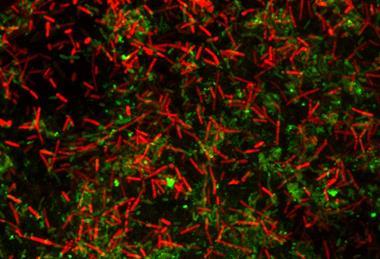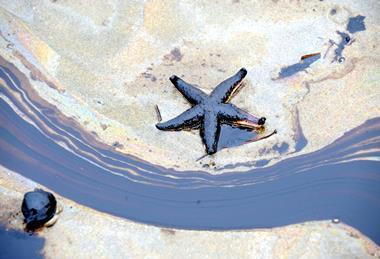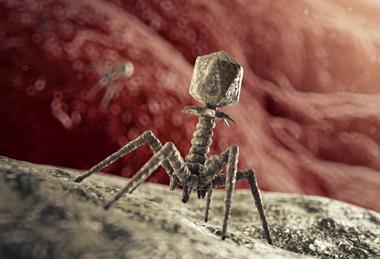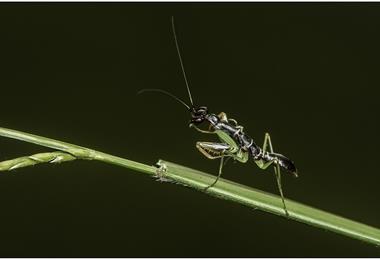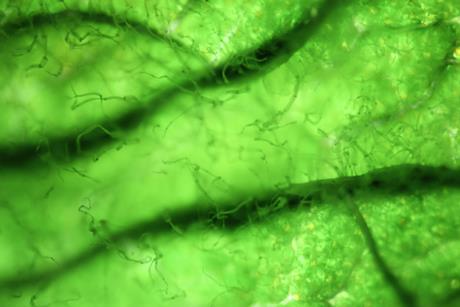Latest Feature
Latest Feature
Marine-derived antibiotics: can ocean microbes help combat superbugs?
The deep expanse of the Earth’s mysterious marine habitat is teeming with opportunities for scientific discovery, including solutions to the world’s most pressing health crises. Among its rich biodiversity are tiny microbes with tremendous potential.
Read story- Previous
- Next
Under the microscope: microalgae-based bioremediation
The rapid expansion of the global human population and the increase in industrial and agricultural activities have led to severe environmental contamination. To remedy the situation, green technology has become more prevalent in recent years due to its numerous environmental benefits.
Under the microscope: the gut-brain axis
Research indicates that the trillions of microbes living in our gut significantly influence our cognitive abilities, emotional well-being, and decision-making processes. This fascinating connection, often called the gut-brain axis, has transformed our understanding of mental health and cognitive function.
Under the microscope: syphilis
The number of infectious syphilis diagnoses has reached a new high over the past decade, with an 184.4% rise in reported cases between 2013 and 2023. But what is syphilis and what are the risks?
Under the microscope: commercialisation of the microbiome
Over the last decade, there has been a paradigm shift from investigating single organisms and single target treatments towards studying the totality of an environment.
Advancing microbial research in the North East Indian Himalaya: a pathway to sustainable hill agriculture
While the North East (NE) Indian Himalaya are famous for their stunning landscapes and rich biodiversity, the region faces numerous agricultural challenges that threaten environmental sustainability and food safety.
Meet the microbes revolutionising the sustainable recovery of critical metals
As we strive towards a Net Zero society that is based on clean, green, and renewable technologies rather than fossil fuels, we are creating a new and intensifying reliance on another essential resource: metals.
Free-living amoebae and emerging public health challenges in a warming world
The year 2023 was the warmest since global temperature records were established in 1850. Discover the role of free-living amoebae in the transmission of waterborne pathogens and human infection, in the context of rising global temperatures.
Historical Perspective
The birds, the bees, and the bugs: how gut microbes impact sex hormones and reproductive health
The gut microbiome has been tied to our reproductive health through its ability to produce, break down, and modify sex hormones.
Microbiome research and a paradigm shift in urban building design
There is increasing evidence that this association between a host and its microbes not only determines health and disease but also influences the behaviour of humans and other animals.
Agar and the curse of purity
Discover for the first time, new information and images about Fanny Angelina Hesse, and one of the most important inventions in microbiology.
Shining a light on microbes from the past with molecular paleomicrobiology
Is there a way to objectively address the history of microorganisms?



